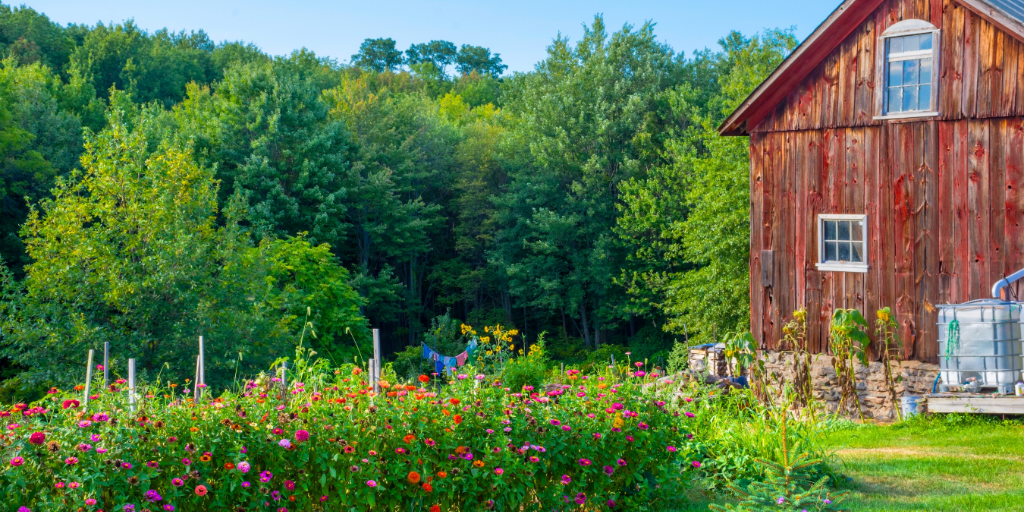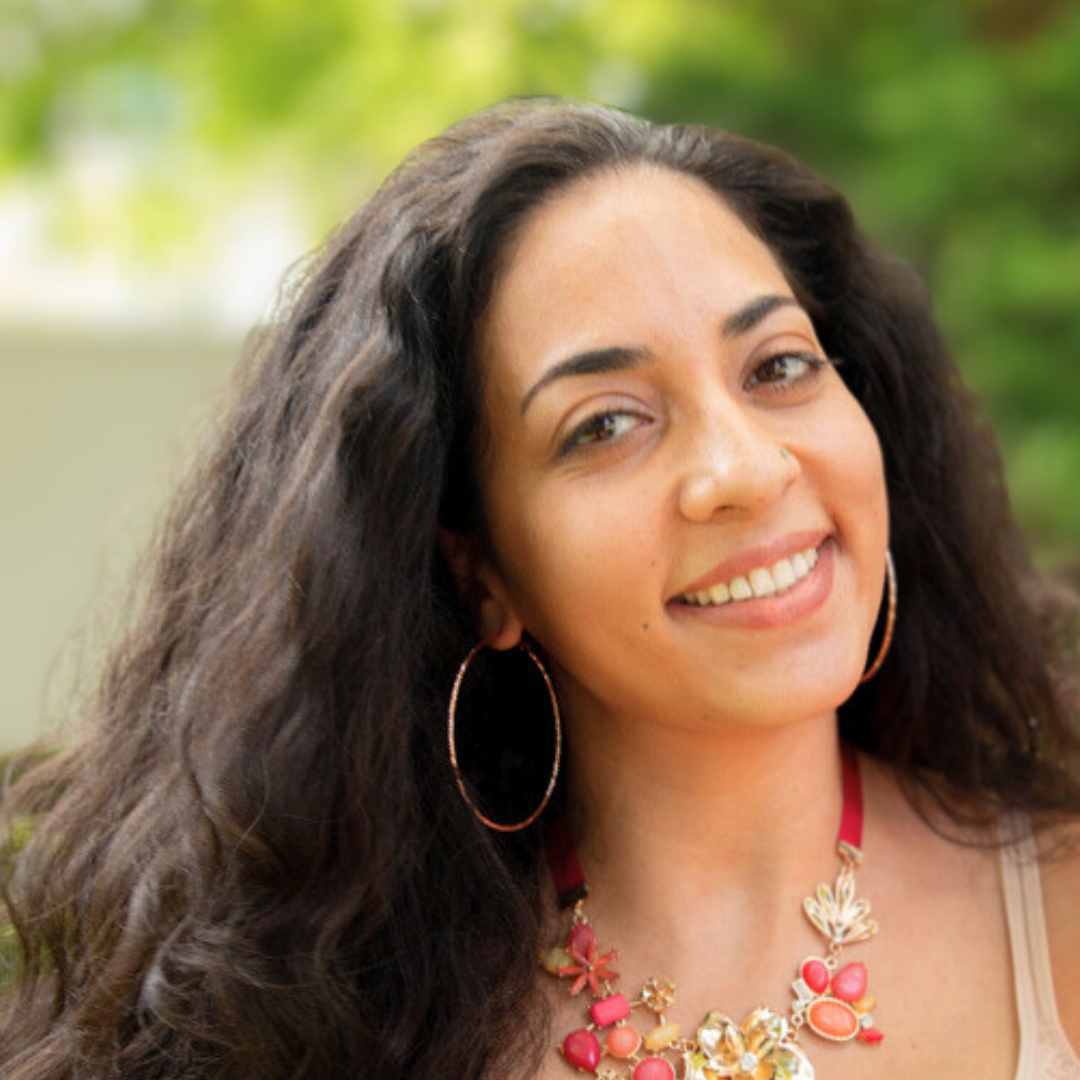
Silvia Patalano reviews The Liturgy of the Land, an inspiring read for those interested in homesteading based on Catholic values.
The Liturgy of the Land: Cultivating a Catholic Homestead
by Jason M. Craig and Thomas D. Van Horn
TAN Books
Jason M. Craig and Thomas D. Van Horn's The Liturgy of the Land is a thought-provoking exploration of Catholic homesteading that goes beyond a mere instructional manual. This book delves into the philosophical and spiritual foundations of homesteading, deeply rooted in Catholic values and intentional day-to-day routines.

Focusing on the Foundations of Catholic Homesteading
One of the things that stand out about The Liturgy of the Land is its focus on the foundations of Catholic homesteading rather than providing exhaustive how-to guides (those always seem to be made for so many other people than me). This can be seen as a drawback for those seeking detailed instructions, but for readers who don’t own acres of land or are not ready to dive into full-scale homesteading, the first few chapters provide good insight. By expanding on the principles and values behind homesteading, the authors make the idea relevant to more than just farmers.
Throughout the book, Craig and Van Horn emphasize the importance of intentional daily routines that are rooted in Catholic values. They state how these daily routines can be integrated into everyday life, regardless of whether one lives in a rural, suburban, or urban setting. This focus on living intentionally and in community highlights the true foundation of homesteading, regardless of where you live!
The second half of the book shifts gears to provide detailed outlines for various homesteading activities. They outline plans for raising livestock, beekeeping, or growing a vegetable garden. This section is practical and user-friendly: they offer a points system to help readers assess the feasibility and appropriateness of each endeavor depending on their specific lifestyle (you can’t be running a full-scale farm when you have a 9-5 job in the city!). This practical approach allows readers to tailor their homesteading efforts to their individual circumstances, making the book a resource for anyone interested in authentic homesteading.

Where this book falls short
Despite its many strengths, The Liturgy of the Land makes it clear about one thing: the ultimate goal of any true Catholic family should be to have a homeschooling-homesteading lifestyle. The authors acknowledge that this lifestyle may not be feasible for everyone, yet they imply that it is the ideal lifestyle to strive for. This perspective can come across as biased and judgmental, and may alienate readers who have intentionally chosen different paths. Many families make conscious decisions about their lives, and it is important to recognize that one can adhere to homesteading values without necessarily homeschooling or opting out of the broader economy.
In the end, The Liturgy of the Land is a good read that offers a rich exploration of Catholic homesteading principles. While it may not provide exhaustive practical instructions, I consider this a plus. It’s focus on values and intentional living makes it a valuable resource for those looking to integrate these principles into their daily lives. The book's practical outlines and points system further enhance its utility, though its implied idealization of a particular lifestyle may not resonate with all readers. Nonetheless, The Liturgy of the Land serves to inspire any reader looking to build a homestead.
Ask for The Liturgy of the Land at your local Catholic bookseller, or order online from Amazon.com or the publisher, TAN Books.
Is this a book you'd like to read? Share your thoughts with the Catholic Mom community! You'll find the comment box below the author's bio and list of recommended articles.

Copyright 2024 Silvia-Maria Patalano-Ross
Images: Canva
About the Author

Silvia-Maria Patalano-Ross
Silvia is the host of EspiLiving, where she creates content for those who seek the sacred in the simple, the spiritual in the seasonal, and the beauty of a slower life - especially through the art of sharing delicious meals! She believes that every meal can be a sacred experience, a moment to nourish not just the body but also the spirit.


.png?width=1806&height=731&name=CatholicMom_hcfm_logo1_pos_871c_2728c%20(002).png)
Comments